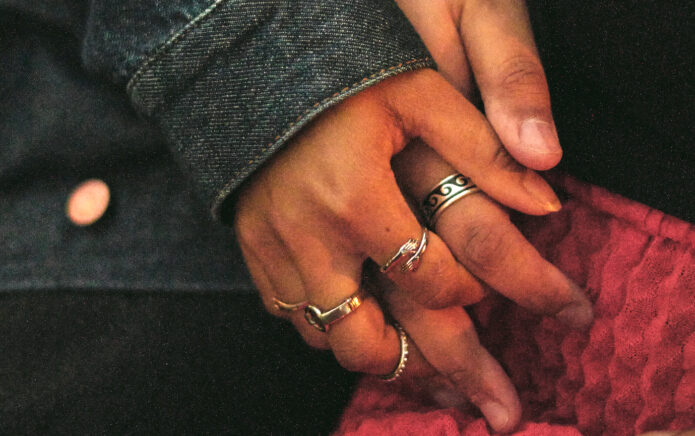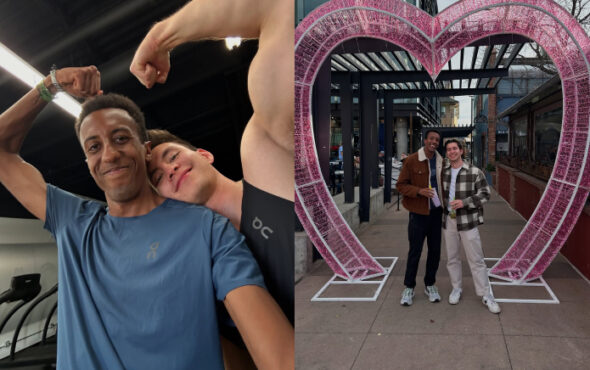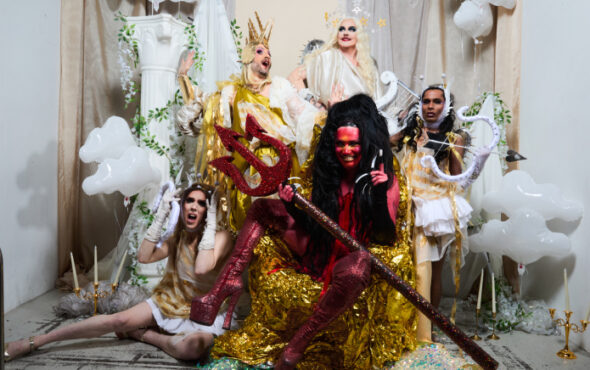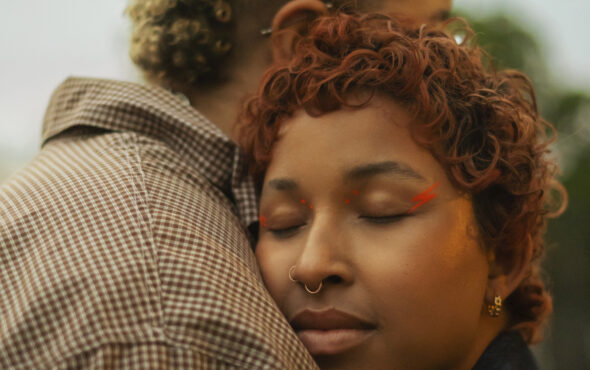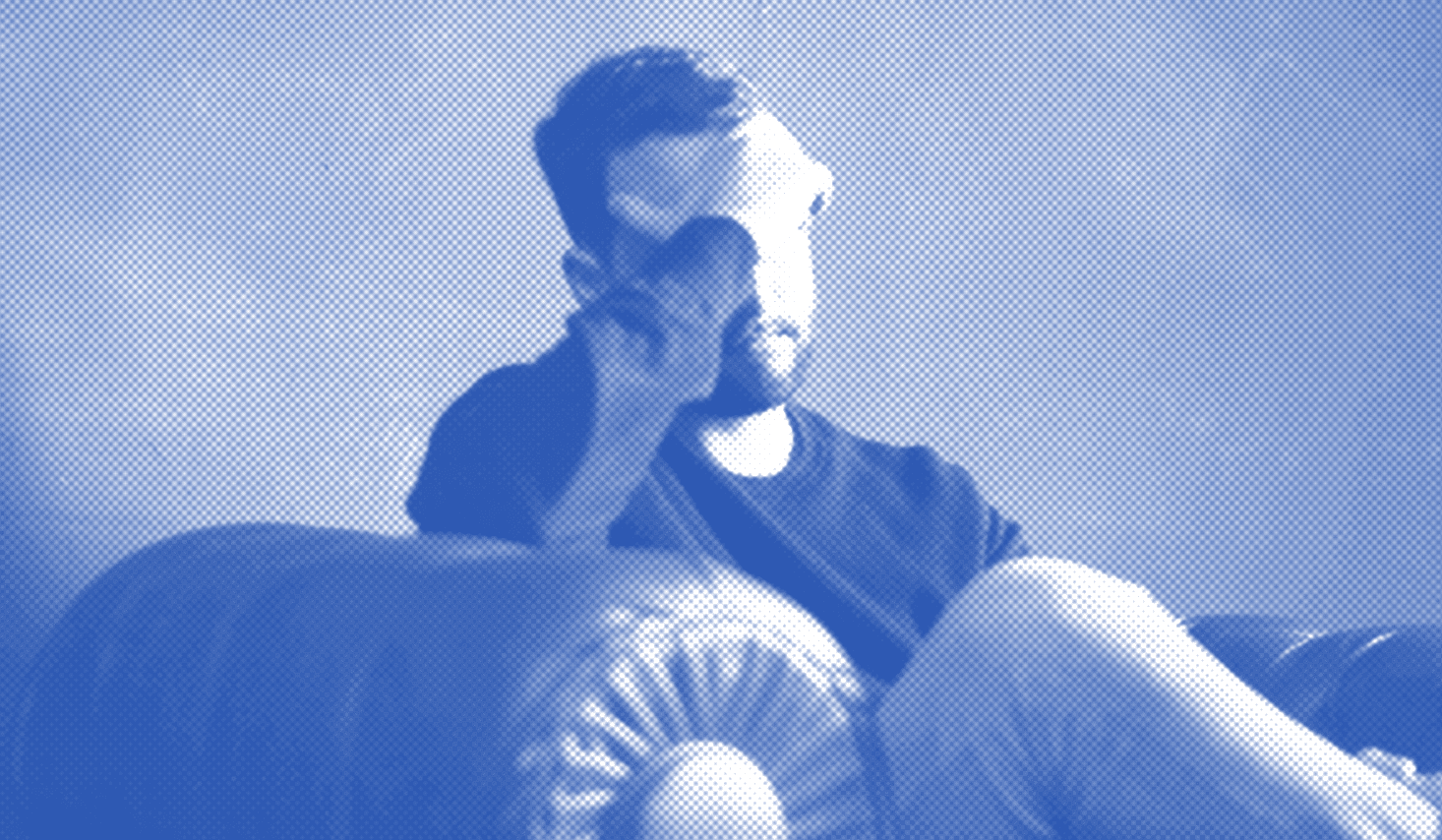
For my entire childhood, I never saw an openly LGBTQ+ couple in my neighbourhood and never had an LGBTQ+ person to look up to.
And so, as a young adult living in Australia, I struggled to believe that I could ever live a healthy and happy life in the future as an LGBTQ+ person.
Growing up LGBTQ+ anywhere, from Australia to the United Kingdom, can be extremely difficult. I remember many years of denying my sexuality and repressing any thoughts that I might not be straight.
I threw myself into trying to be straight after seeing someone at my school be accused of being gay because of the “way that he talked”. From that moment on, I became conscious of every syllable I uttered to avoid a similar accusation.
Other things I used to do unconsciously, like walking, were also on my mind every second of the school day. All my energy was directed into hiding what made me unique, and this was both mentally as well as physically debilitating. But I continued to play this charade as I didn’t want people to think that I was gay. I was ashamed to even think that I might be gay, and I would have done almost anything to change this.
At school and in the wider community, being openly gay looked really tough. At my secondary school in Melbourne, Australia, there were only two students who publicly identified as LGBTQ+. Despite their immense confidence, their lives didn’t look easy. Outside of school, things didn’t seem much better: same-sex marriage was illegal and countless politicians made it very clear that marriage was – and should always be – between a man and a woman.
Finding little comfort in the experiences of LGBTQ+ people in the real world, I turned to the fictional world. However, I found very few LGBTQ+ characters and, out of those which I found, most of them had negative experiences growing up LGBTQ+. From the bashing of Patrick in The Perks of Being a Wallflower to the death threats received by Kurt in Glee, I was constantly reminded of the dangers of being openly gay.
As a result of the overwhelming negative examples of people growing up LGBTQ+, I held onto my secret far longer than I should have. This had a devastating impact on my mental health. While this charade kept me safe from people knowing about my sexuality, it was lonely. Even among friends and family, I could not have been more isolated. I felt like an imposter, and in my head, it seemed that these people loved me for this person I was not.
Feelings of isolation fuelled my unhappiness. Even when I decided to come out as gay, I found it hard to imagine a positive future. However, as I saw more positive LGBTQ+ representation, I became more confident about my identity and, in turn, optimistic. With this newfound optimism, I used less and less energy to bend myself to society. Instead, I chose to use more and more of my energy to making society more accepting of the LGBTQ+ community.
One of the ways which I currently do this is by volunteering for Just Like Us, the LGBTQ+ young people’s charity. They run School Diversity Week every June, and I am so excited that students across the UK will experience something which I never did: learning that being LGBTQ+ is nothing to be ashamed of. This is important, not only so LGBTQ+ students feel more hopeful about the future, but also so schools have the tools and knowledge to make their LGBTQ+ pupils’ lives better.
Whilst I once struggled to believe that I could ever live a healthy and happy life as an LGBTQ+ person, I hope that by going into schools to tell my story as an ambassador during School Diversity Week, I can help make sure that young LGBTQ+ people today are that little bit more hopeful about their future than I was.
Schools can sign up now to take part in School Diversity Week 2023.
